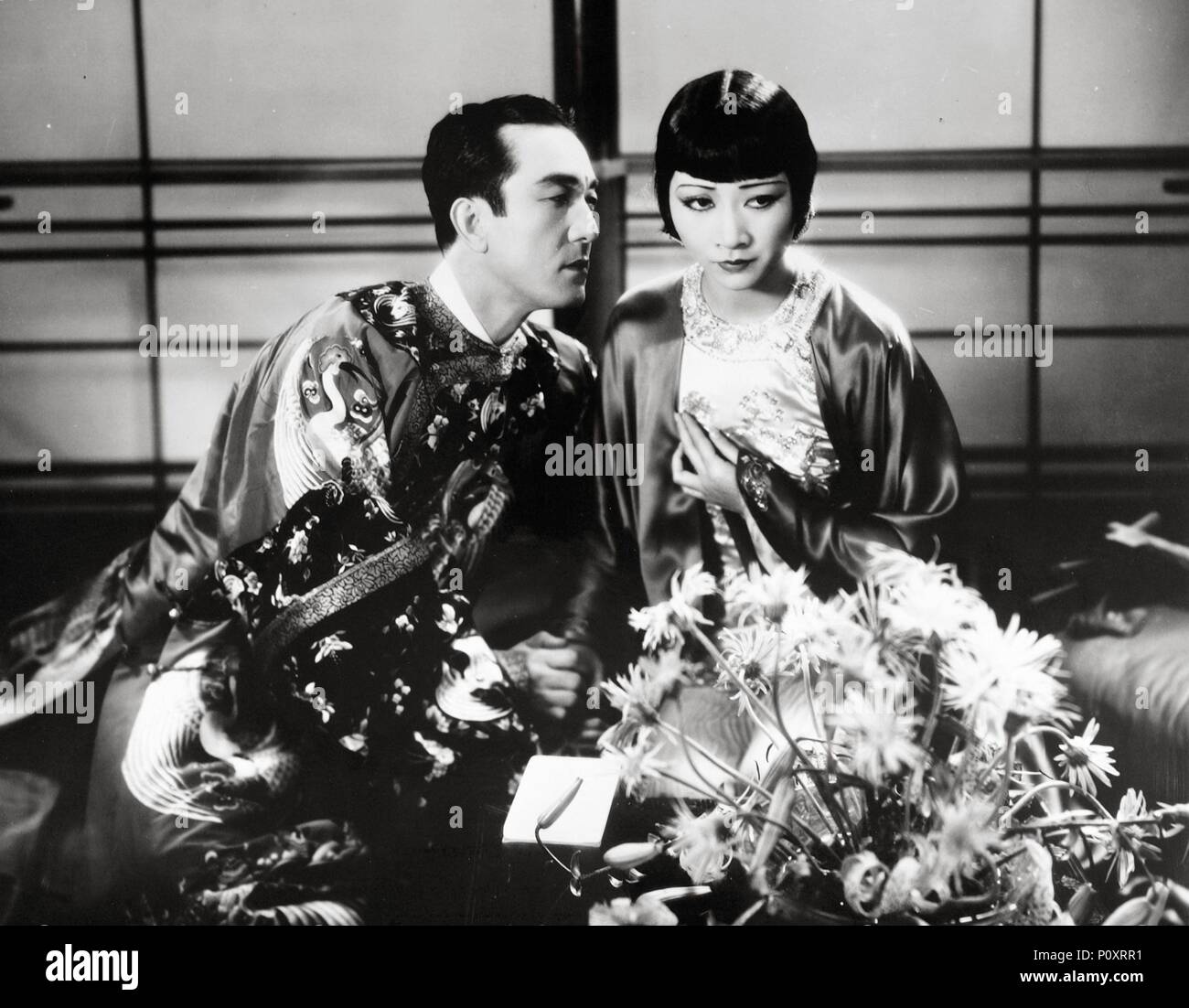In Chinese culture, the dragon is a symbol of power, strength, and good luck. It is a revered creature that holds significant meaning in various aspects of life. Within the realm of mythology and folklore, the dragon is often portrayed as a mighty and noble beast, commanding respect and awe.
The title “Daughter Of The Dragon” evokes imagery of a strong and fierce individual, perhaps a woman possessing qualities akin to that of the legendary creature. She is someone who embodies the traits of resilience, courage, and wisdom, much like the dragon itself.

In storytelling and literature, the concept of the “Daughter Of The Dragon” could be interpreted in many ways. It could refer to a female protagonist with a fiery spirit and unyielding determination, facing challenges head-on and emerging victorious against all odds. She may be a formidable warrior, a fearless leader, or a wise mentor, drawing inspiration from the mythical creature that symbolizes power and greatness.
The archetype of the “Daughter Of The Dragon” transcends cultural boundaries and resonates with audiences worldwide. It celebrates the strength and potential of women, highlighting their ability to rise above adversity and make a difference in the world. Just as the dragon soars high in the sky, the “Daughter Of The Dragon” represents ambition, freedom, and the pursuit of greatness.

In Chinese heritage, the dragon is often associated with emperors and nobility, signifying authority and prosperity. Therefore, being referred to as the “Daughter Of The Dragon” carries a sense of royalty and honor, implying that the individual is destined for greatness and capable of achieving extraordinary feats.
Whether in folklore, literature, or personal empowerment, the concept of the “Daughter Of The Dragon” is a testament to the indomitable human spirit and the enduring legacy of mythical creatures. It reminds us that we all have the potential to embrace our inner strength, overcome challenges, and write our own heroic tales, just like the mighty dragon itself.